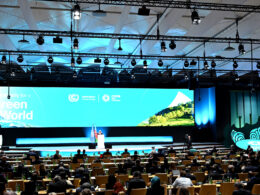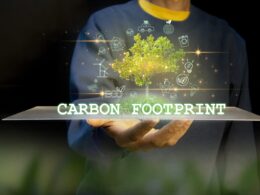The American Society of Heating, Refrigerating and Air-Conditioning Engineers (ASHRAE) has announced its first group of Certified Decarbonisation Professionals (CDPs).
The CDP programme, launched and funded by the ASHRAE Centre of Excellence for Building Decarbonisation, offers an international certification that verifies the expertise of professionals in evaluating, analysing, and crafting effective strategies to reduce or eliminate the life-cycle carbon footprint of buildings. Developed in just 11 months, this certification allows industry professionals to showcase their skills in key decarbonisation tasks to peers, employers, and building owners.
Since its introduction earlier this year, the CDP has become the most sought-after ASHRAE certification, highlighting its critical importance in the current building and energy sectors.
“Decarbonisation is essential to our global sustainability goals, and ASHRAE is committed to empowering professionals with the skills and knowledge necessary to lead the charge. The CDP programme is not just a milestone for ASHRAE, but a much-needed tool for the industry as we work toward a net-zero future,” said 2024-25 ASHRAE President M. Dennis Knight, P.E., BEMP, Fellow Life Member ASHRAE.
The CDP certification is intended for professionals engaged in decarbonising both new and existing buildings. To qualify, candidates must meet educational and professional experience requirements, adhere to a professional conduct code, and pass a comprehensive exam that tests their competency in eight key areas: decarbonisation drivers, project planning and development, construction and renovation, passive and active efficiency, facility management, and distributed energy resources.
The ASHRAE Centre of Excellence for Building Decarbonisation provided the vision and resources necessary to establish this certification. The Centre plays a key role in ASHRAE’s efforts to reduce carbon emissions through various initiatives, including education, research, and the creation of innovative tools and resources.





















